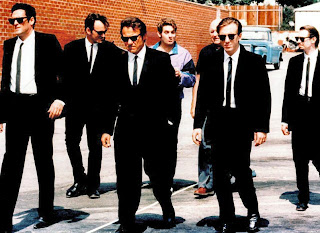Low self-esteem is definitely one of our nation’s biggest problems. Little wonder – from birth we’re taught that our value comes from what we do and what we have rather than from whom we are.
People who are successful have high self-esteem. They are responsible and productive people. Yet they realize that who they are is more important than what they do and what they have. People who over-identify with their career achievements can most certainly create a disturbance in their health, happiness and relationships. Workaholism is as destructive as alcoholism.
Workaholics are the people who assume that everything happens as a result of their efforts. Therefore, they reason, they must always work. They are the people who rarely work a limited number of hours or are always on call for the company. They are the people who think the solution to every problem is to work harder and harder.
Workaholics find it extremely difficult to unhook and let go. The stress they experience accumulates. There is little joy in their work lives anymore; curiosity and excitement are gone; but the addiction remains. There is little if any renewal, and the body never really comes back to homeostasis. The internal barometer slowly shifts until fast forward becomes the accepted norm.
When we keep our internal barometer in balance with the rest of our lives, work can be a source of great pleasure, challenge, and satisfaction. It can add meaning and enjoyment when we know why we do what we do. Working from a sense of purpose is far better than working out of compulsion.
When we keep our internal barometer in balance with the rest of our lives, work can be a source of great pleasure, challenge, and satisfaction. It can add meaning and enjoyment when we know why we do what we do. Working from a sense of purpose is far better than working out of compulsion.
Balanced individuals know what is important, and they know where to draw the line. They can limit their commitments. Their sense of purpose comes from matching their talents and skills and the hours of the day to that which needs to be accomplished.
Read More: http://socyberty.com/work/are-you-over-identifying-with-your-career/







